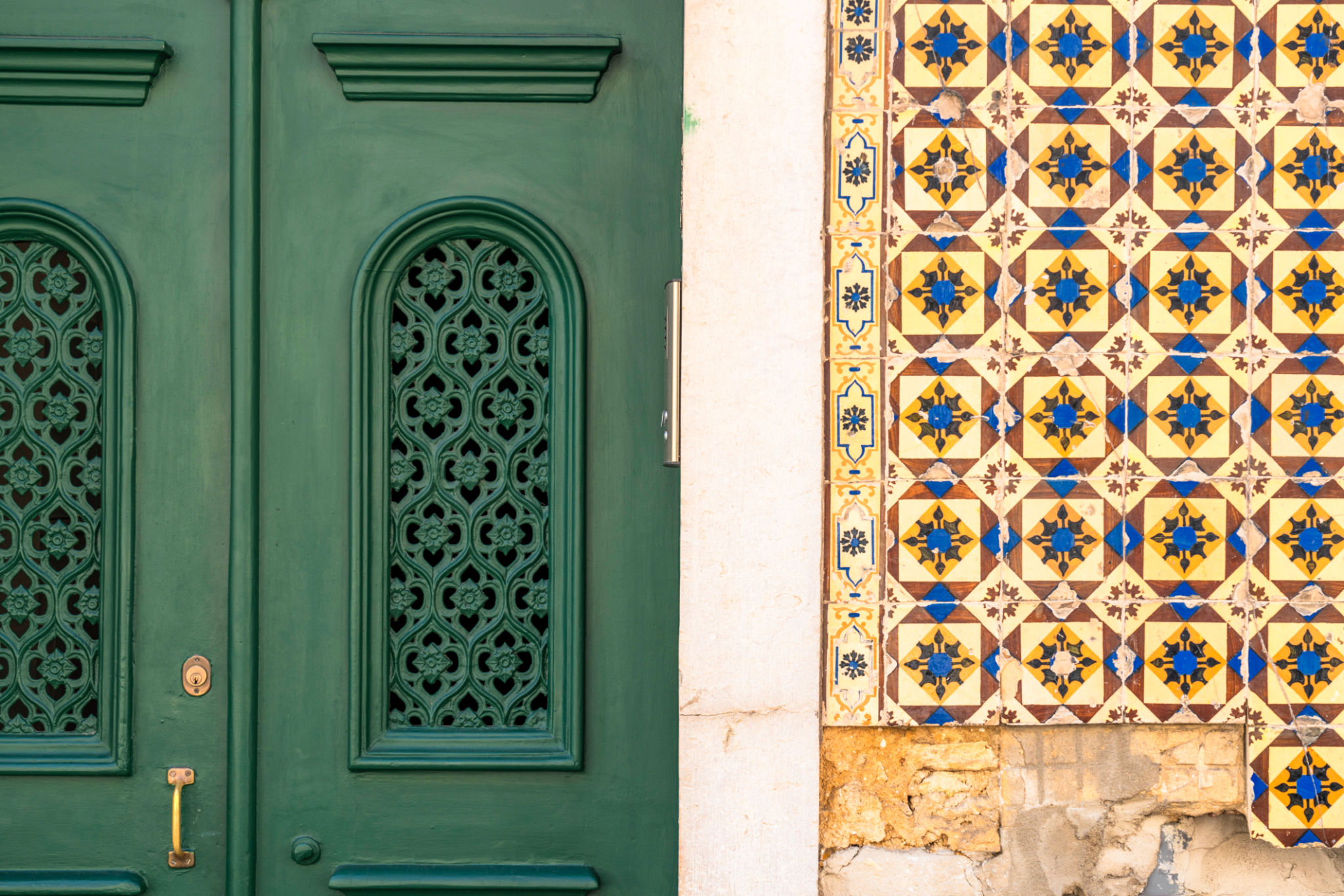Comparing Modern vs. Traditional Architecture: What Suits Your Lisboa Home?
Understanding the Essence of Modern Architecture
Modern architecture is characterized by its minimalist approach, emphasizing clean lines, open spaces, and functionality. It often incorporates new materials like glass, steel, and concrete, which allow for innovative designs and structures. This style is highly adaptable, making it an appealing choice for urban environments like Lisboa where space can be limited.
One of the key benefits of modern architecture is its ability to integrate cutting-edge technology seamlessly into the design. This can mean smart home features, energy-efficient systems, and sustainable building practices that are increasingly important in today’s environmentally conscious world.

Exploring the Charm of Traditional Architecture
In contrast, traditional architecture in Lisboa is deeply rooted in history and culture, often featuring ornate details, intricate tile work, and classic materials like stone and wood. These homes are known for their warmth and character, offering a timeless aesthetic that can create a cozy and welcoming atmosphere.
Traditional designs often include elements such as arched doorways, pitched roofs, and decorative facades. These features not only contribute to the aesthetic appeal but also reflect the rich cultural heritage of Lisboa, making them a popular choice for those who appreciate historical charm.

Comparing Aesthetic Appeal
When deciding between modern and traditional architecture for your Lisboa home, consider what type of aesthetic you are drawn to. Modern architecture offers a sleek, contemporary look that can be customized to fit personal tastes. Meanwhile, traditional architecture provides a classic and timeless appearance that may resonate with those who appreciate historical design elements.
Both styles have their own unique appeal, and your choice will ultimately depend on whether you prioritize modern sophistication or historical charm. It's important to consider how each style complements the surrounding neighborhood and environment as well.

Functionality and Lifestyle Considerations
The functionality of your home is another critical factor in choosing between modern and traditional architecture. Modern homes often feature open floor plans that promote a sense of space and flexibility, perfect for entertaining guests or accommodating busy family life. Additionally, the integration of smart technology can make daily living more convenient.
On the other hand, traditional homes with their defined rooms may offer more privacy and a cozier atmosphere. These homes typically have unique layouts that can be appealing for families who value separation between living spaces.
Maintenance and Longevity
Maintenance is an essential consideration when choosing your home's architectural style. Modern homes often require less upkeep due to their minimalist design and durable materials. However, the technology used in modern homes can sometimes necessitate specialized maintenance.
Traditional homes may need more frequent maintenance due to their age and the materials used. Restoring or repairing intricate details can be more labor-intensive but is often worth it to preserve the home's historical value.
Making Your Decision
Ultimately, the decision between modern and traditional architecture will depend on your personal preferences, lifestyle needs, and budget. Consider making a list of priorities, whether it’s energy efficiency, aesthetic appeal, or historical significance, to guide your choice.
By weighing the pros and cons of each architectural style and considering how they align with your vision for your Lisboa home, you can make an informed decision that brings you joy for years to come.
